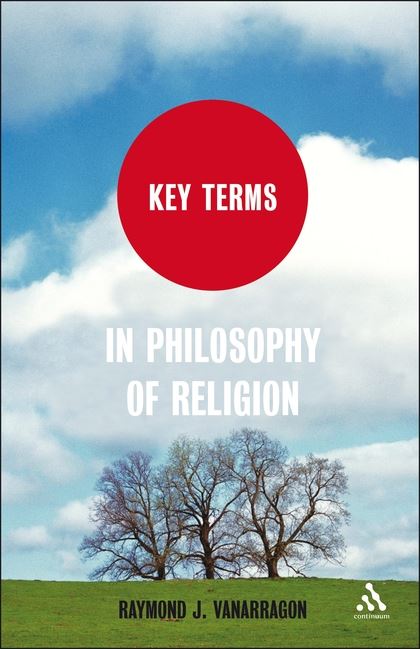This essay is for my friend in Iran named Ramin. In this
short essay, I explain a little bit about what learning and teaching philosophy
has been like for me, in the United States, at Bethel University.
I should start by saying that I am a religious person (a
Christian), and religious issues have always been very important to me. Much of my work as a philosopher has been on
questions in philosophy of religion – some of those questions being specific to
the Christian religion, but many being of interest to members of other religious
groups, too.
In the United States around 50 years ago, most philosophers
did not concern themselves too much with questions about religion. They considered religion to be nonsense and
not worthy of serious philosophical reflection.
Religious issues are of course central to the HISTORY of philosophy—in
the Middle Ages, for example, we see Islamic philosophers like Alfarabi and
Avicenna and Christian philosophers like Anselm and Aquinas doing brilliant
work on the nature of God and our relation to God. But in the United States 50 years ago most
philosophers thought those topics were not important, and so philosophy of
religion was not a prominent area of study in the discipline.
Things started to change about 50 years ago when some
excellent young philosophers began working in philosophy of religion and
putting religious questions back into the center of American philosophical
discussion. Those philosophers included
Alvin Plantinga, William Alston, Nicholas Wolterstorff, Eleonore Stump, and
many more besides. Because of their work,
when I went to college to study philosophy in 1991, I was able to focus on
philosophy of religion and its connection with epistemology. Some of the questions I wanted to answer were: is it rational to believe in God? Can belief in God be justified? Can we make sense of God’s existence in light
of all the evil and suffering in the world?
It was good fortune for me that such important work had been done on
these topics by the philosophers I just mentioned, and I was able to study with
some of them as I went on to earn my PhD in philosophy at the University of Notre Dame.
After I earned my PhD, I got a job teaching philosophy at a
university—first at Asbury College, in the state of Kentucky, and then at
Bethel University, which is in St. Paul, Minnesota. I will now tell you about
Bethel University, because it may be different from universities in Iran.
Bethel University is a Christian university. Most universities in the United States are
not Christian – they have no religious affiliation – but quite a few are
Christian. Usually (but not always), if
you are to teach at a Christian university you have to be Christian
yourself. That is the way things are at
Bethel. Students who come to Bethel are
also typically Christian, though they do not have to be. They do understand though that they are going
to be taught by professors who are Christian, so, for the most part, students
who are not Christian would probably not want to come here.
The philosophy department at Bethel University has five
members, and we teach a variety of courses on ethics, epistemology,
metaphysics, and philosophy of science.
We also teach courses in the history of philosophy, and one of my
colleagues teaches a course on medieval Islamic philosophy.
We do have many students who really like philosophy, but not
as many as we used to have. The problem
is that students are afraid that if they major in philosophy (that is, take
most of their courses in philosophy) they might not be able to get a job when
they graduate. As you may know, the
United States has experienced some economic hardships recently (though many
people are still very wealthy), and so students sometimes think that education
should be more about learning how to do a job and less about pondering the big
questions of human existence. So they do
not want to study philosophy, but are more interested in subjects like business
and economics.
Still, philosophy will never die. The questions that philosophers ask are
questions that occur to many people, and seeking answers to them is part of
living the good life. So we still teach
plenty of students, and we learn, we debate, and we disagree with each other in
a friendly way. And we hope to continue
doing this at Bethel University for many years to come.

No comments:
Post a Comment